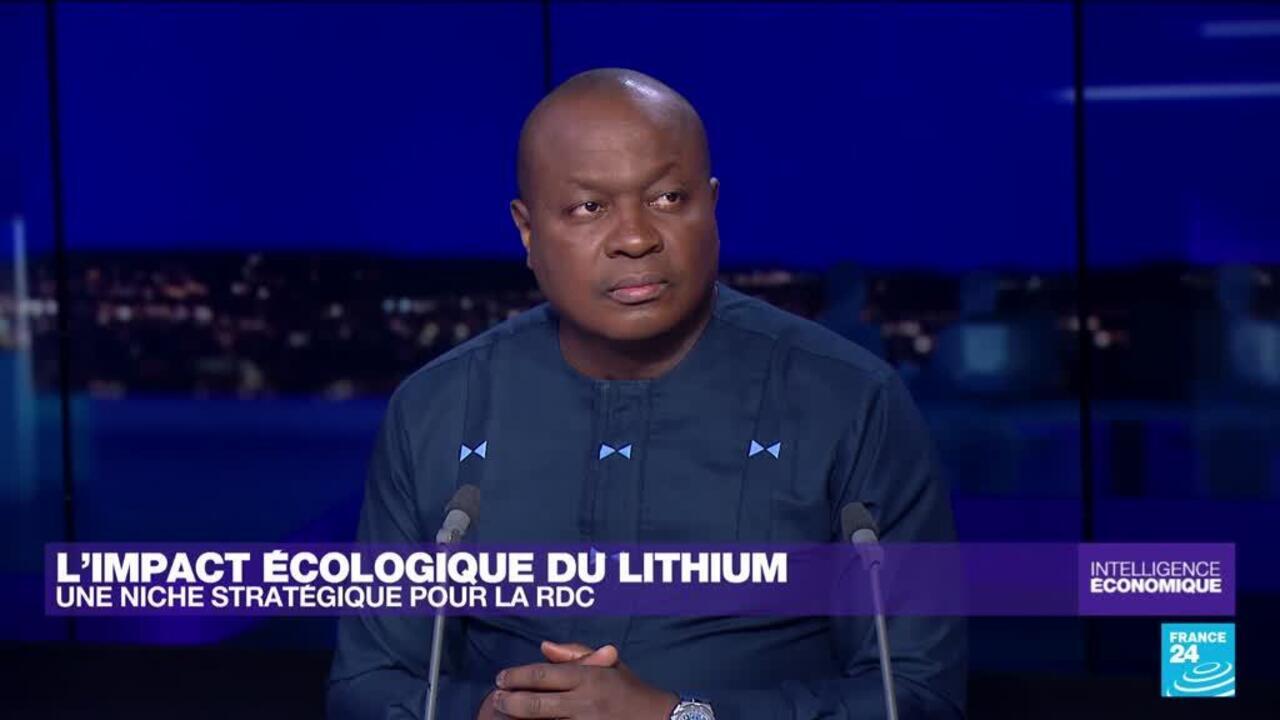The Fox
Regular
Hey Nells,Hi TC,
Jens has been around more or less since the beginning of AVZ. I believe he still has a largish holding (around the 8mill mark), but once was a top 20 holder.
Right from the start of when the shit hit the fan eleven or so months ago, he has been fighting for us on twitter nearly every day.
I understand that he does speak to most of the directors and he does have a number of other connections to do with the project.
Did he get the order from one of the management to 'to ease up a bit' for a week, I very highly doubt it!
In my opinion, I think we need to cut him a bit of slack. He wants this to move forward as much as anybody else!
Take the above as you will.
Have a great day everyone,
Cheers,
Nells x
Re: Did he get the order from one of the management to 'to ease up a bit' for a week, I very highly doubt it!
Yes he did 100%
Hey, I'm not wearing rose coloured glasses nor am I a huge fan of Jens, yet, I can confirm my comment above is true.
Love you long time, The Fox
PS. There was talk a while back of some flashing, is that still on?
Last edited:



